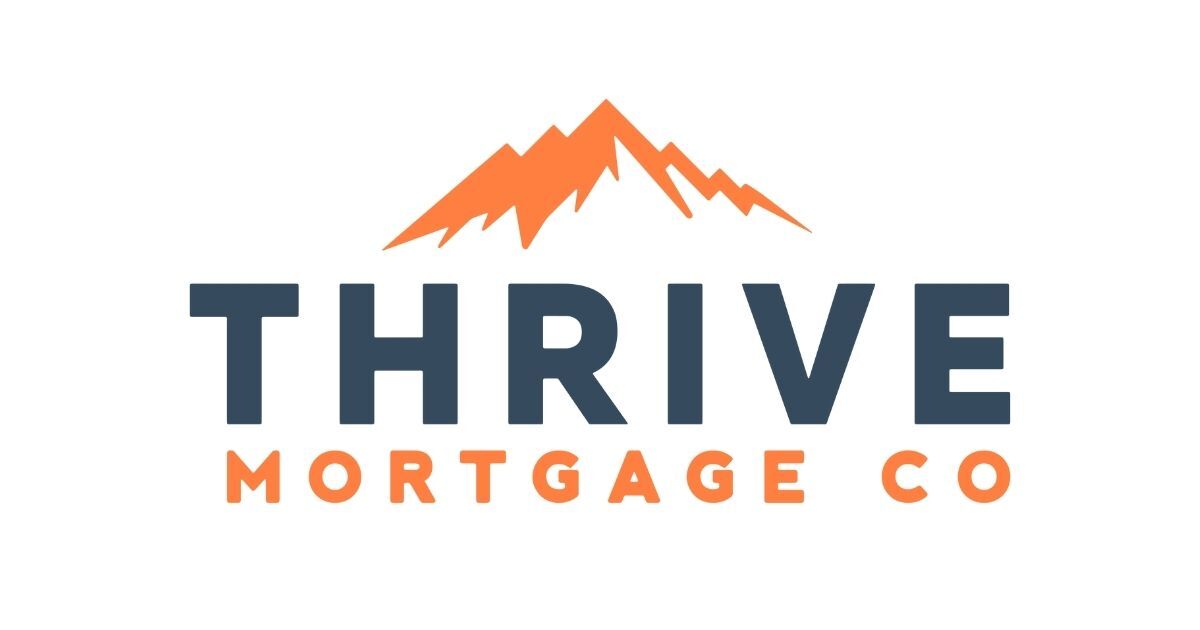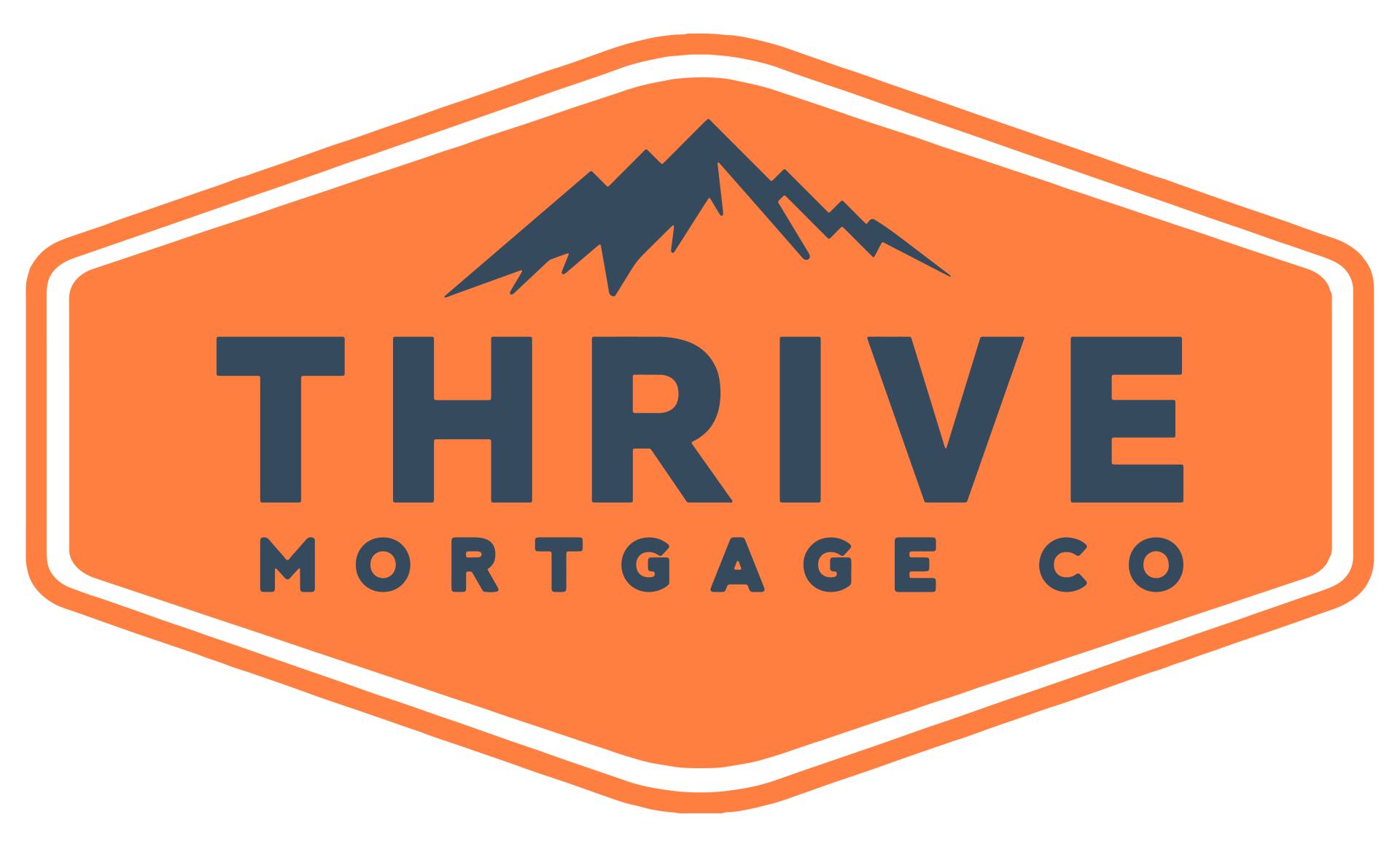Real Estate Investing
Are You Looking To Invest In Real Estate?
1. WHY INVEST IN REAL ESTATE?
Statistics prove that those who OWN real estate have a higher net worth on average than those who don’t. However, what is also true, is that those who own multiple properties generally have a larger net worth and additionally now have a road to passive income which in turn leads to financial freedom.
Investing in real estate comes with a proven positive track record if done properly and reasonably low risk. Real estate can be leveraged as needed for further investment opportunities as equity grows.
2. THE 3 PRINCIPLES OF REAL ESTATE INVESTING:
- Cash Flow
Cashflow is the amount of “net profit” earned on a real estate investment when considering the gross income less expenses.
For example:
Rent: $2000
Mortgage: $1500
Other Expenses $250
Cashflow = $25
- Principal Reduction
Principal Reduction is the active reduction of principal loan outstanding on the investment property. Each month that the tenant pays rent a portion of this goes towards principal of the mortgage which in turn creates equity.
- Appreciation
With the increase of property values comes property appreciation, though generally less predictable than the first two principles, property appreciation can create more equity and net profit upon a sale.
3. WHAT TYPES OF REAL ESTATE SHOULD I INVEST IN?
Real estate is quite diverse and comes with many different investment opportunities.
- Residential (detached, townhouse, condo, duplex)
- Commercial (Warehouse, retail, industrial, office, farms)
- Construction & re-development

